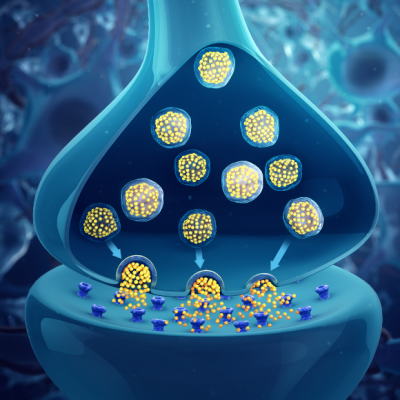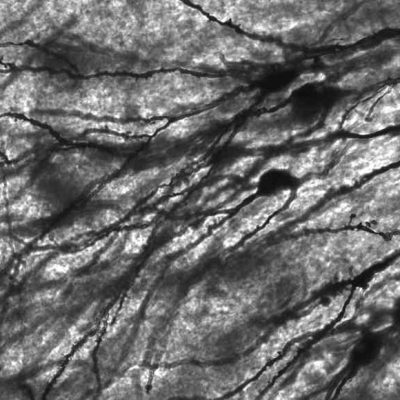Researchers in the United States have discovered the molecule responsible for causing itchiness in mice. The Nppb molecule, found in a specific nerve cell in the spinal cord, sends a signal to the brain that triggers an itch. The scientists at the National Institutes of Health exposed mice to various substances that cause itchiness and then removed the Nppb molecule in a second experiment, which eliminated the itchiness in the mice. Nppb is a chemical messenger and belongs to the neurotransmitters that transmit impulses from one nerve cell to another. The researchers hope that the results of their study can be applied to humans, leading to the development of targeted medications that can alleviate chronic itchiness caused by conditions such as eczema, psoriasis, and dermatitis.
The discovery of the Nppb molecule could be a game-changer for millions of people who suffer from chronic itchiness. However, developing a medication that targets the molecule could prove challenging, as it is also present in other organs such as the heart and kidneys. Blocking the molecule in the spinal cord could have negative effects on other organs and their functions. The researchers published their findings in the journal Science, emphasizing the need for further research to determine the potential side effects of blocking the Nppb molecule in humans.
In conclusion, the discovery of the Nppb molecule and its role in causing itchiness is a significant breakthrough in the field of dermatology. The potential development of targeted medications could provide relief for millions of people who suffer from chronic itchiness caused by various skin conditions. However, further research is necessary to determine the potential side effects of blocking the molecule in humans and to develop safe and effective medications.










